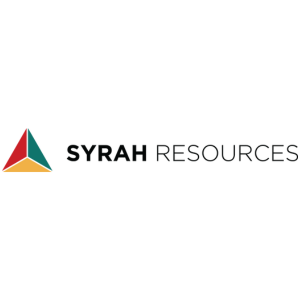Cape Town, South Africa – A new international body aimed at preventing catastrophic mine waste failures was launched at the Investing in African Mining Indaba on Tuesday, with significant backing from a major UK pension fund, signalling a shift in how investors are tackling environmental and social risks in the mining sector.
The Global Tailings Management Institute (GTMI), unveiled today, will establish a new global standard for tailings dams, the structures used to store mining waste, and hold companies accountable for their safety.
The initiative comes in the wake of several devastating tailings dam collapses, including the Brumadinho disaster in Brazil in 2019, which claimed 272 lives. These tragedies have spurred investors to demand greater action from mining companies to manage the risks associated with these often massive structures.
The Church of England Pensions Board, a significant investor in the mining sector, has been instrumental in the GTMI's creation. Adam Matthews, the Board's Chief Responsible Investment Officer, stated in an interview, "I'm really encouraged by the fact that this sort of unique partnership between the UN, investors, the Church of England, with industry and lots of other stakeholders has come together around a really difficult issue." He highlighted the importance of the institute, saying, "There's a real chance that we're going to get to a position that this is well managed."
The GTMI, based in Johannesburg, will operate independently, overseeing the implementation and conformance with the Global Industry Standard on Tailings Management (GISTM). Crucially, it will provide a transparent auditing and certification process for tailings facilities worldwide. "As a company, when you commit to implementing this and becoming a signatory to the GTMI, you are entering into a contract…whereby you agree to be audited by accredited auditors," explained Aidan Davey, Co-Chief Operating Officer of the International Council on Mining and Metals (ICMM), one of the GTMI's founding organisations. This transparency, Davey argues, creates "a lot of soft power, in terms of encouraging implementation."
The involvement of the Church of England Pensions Board underscores a growing trend of investor activism on environmental, social, and governance (ESG) issues. Matthews emphasised the financial implications of tailings failures, noting that implementing the standard "reduces the risk posed by that company and the management of the tailings issue, and it also reduces the risk of the investor into the mining sector." This focus on risk mitigation is likely to resonate with other institutional investors, putting pressure on mining companies to adopt the GISTM and engage with the GTMI.
The institute also offers the potential for positive environmental impact beyond simply preventing disasters. Matthews pointed to the opportunities for "re-mining" existing tailings facilities, stating, "There's now companies reprocessing that [waste], extracting gold, because the technology's advanced, and then restoring that waste in alignment with the global industry standard." This circular economy approach could further incentivise companies to adopt responsible tailings management practices.
The GTMI is currently in its early stages, with the board of directors being formed and executive officers soon to be appointed. However, the involvement of major investors like the Church of England Pensions Board, coupled with the robust framework for auditing and certification, signals a significant step towards a safer and more sustainable future for the mining industry. The institute's success will depend on widespread adoption by mining companies, and the coming months will be crucial in determining whether this ambitious initiative can truly transform the management of tailings dams globally.


.png?ext=.png)
.png?ext=.png)
.png?ext=.png)

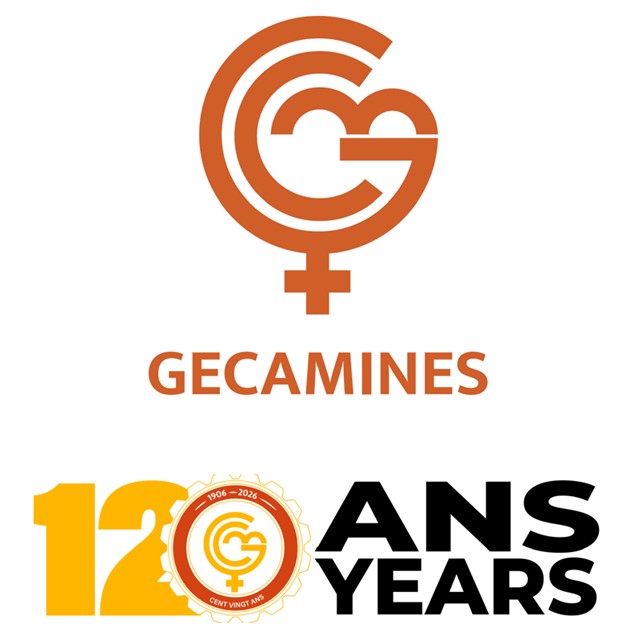
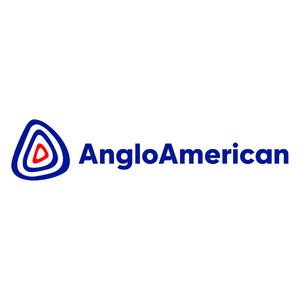
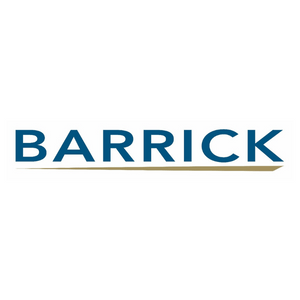
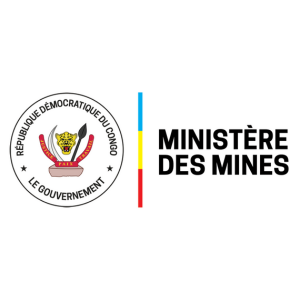
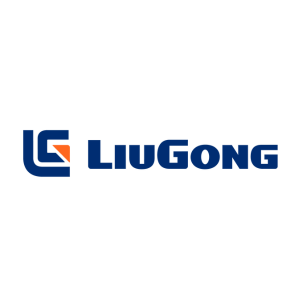


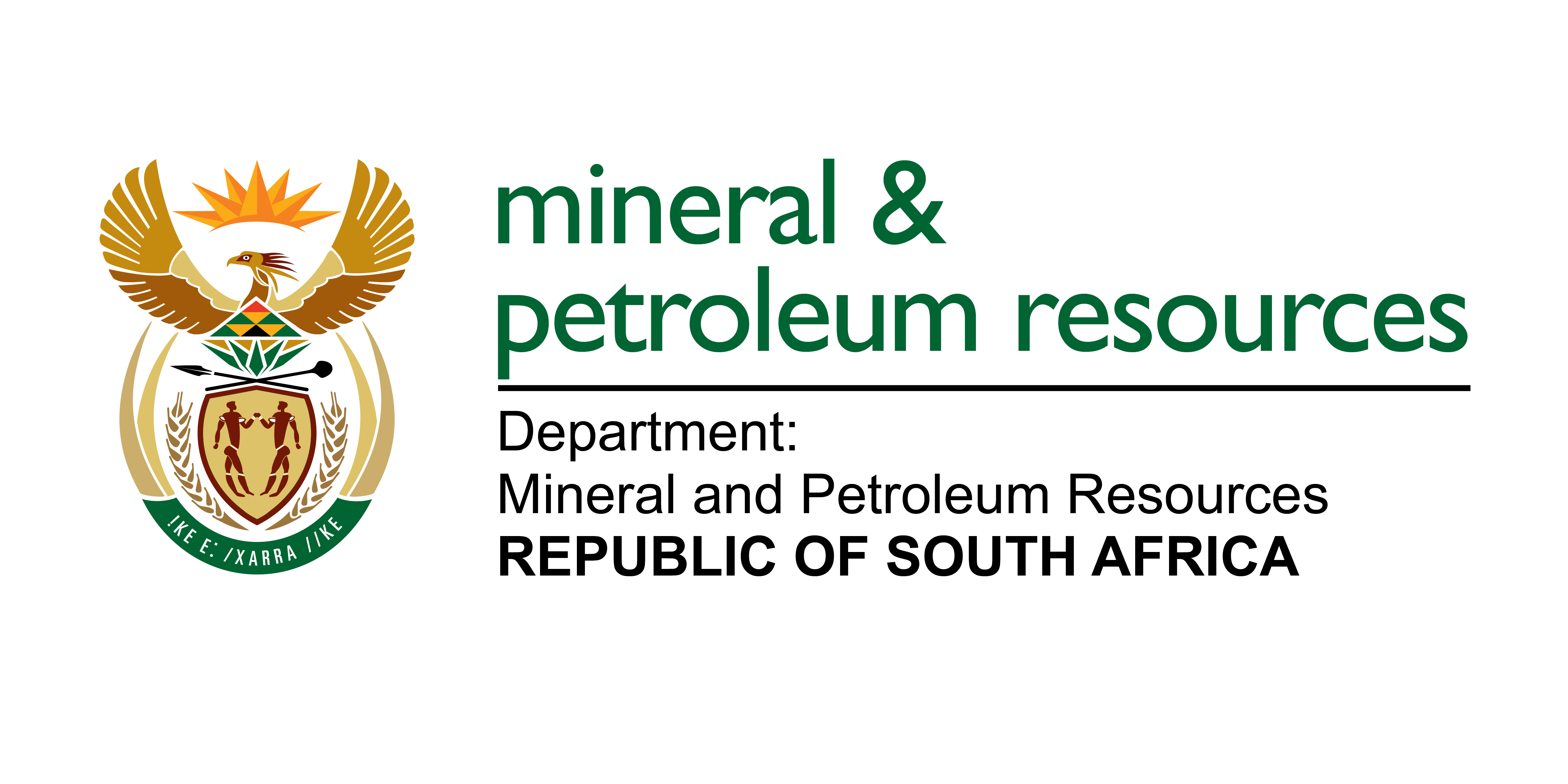-Logo_CMYK_1.jpg?width=1000&height=500&ext=.jpg)
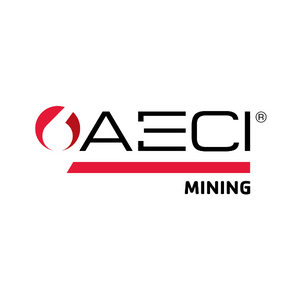



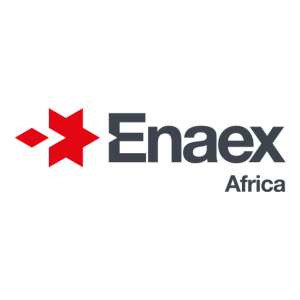


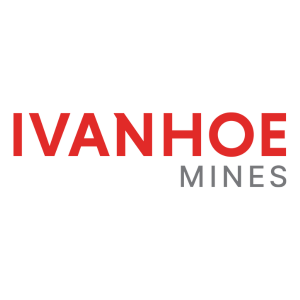
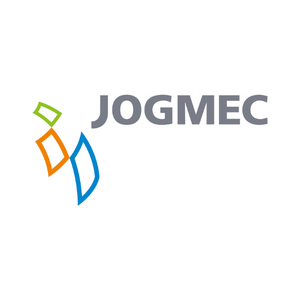


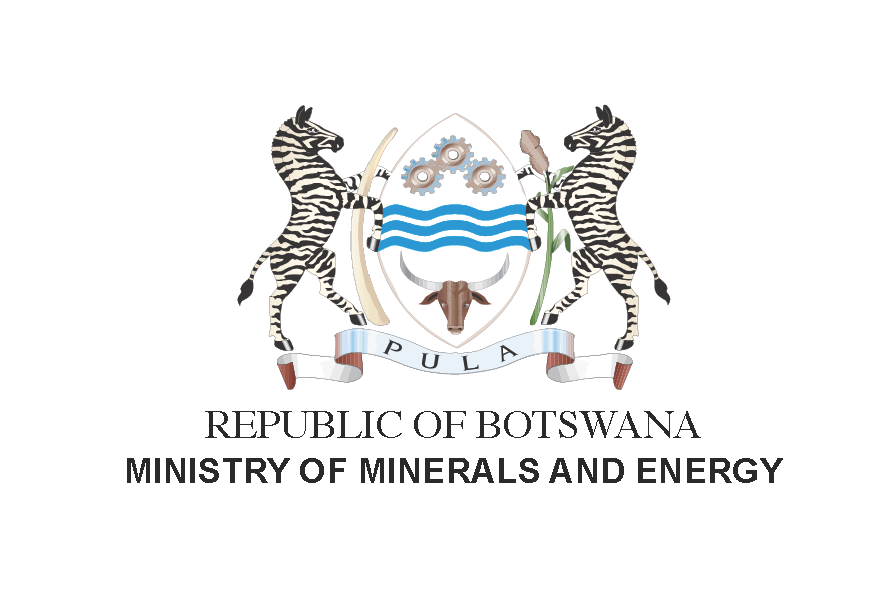.png?width=300&height=208&ext=.png)
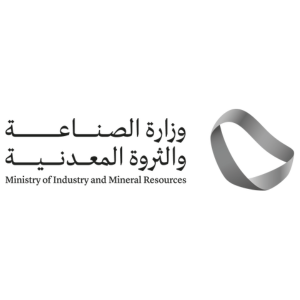
_mi25-weblogo.png?ext=.png)
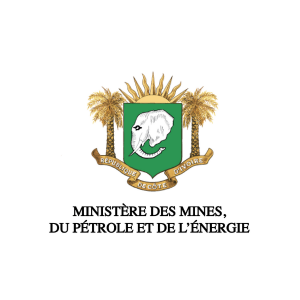
_1.png?ext=.png)


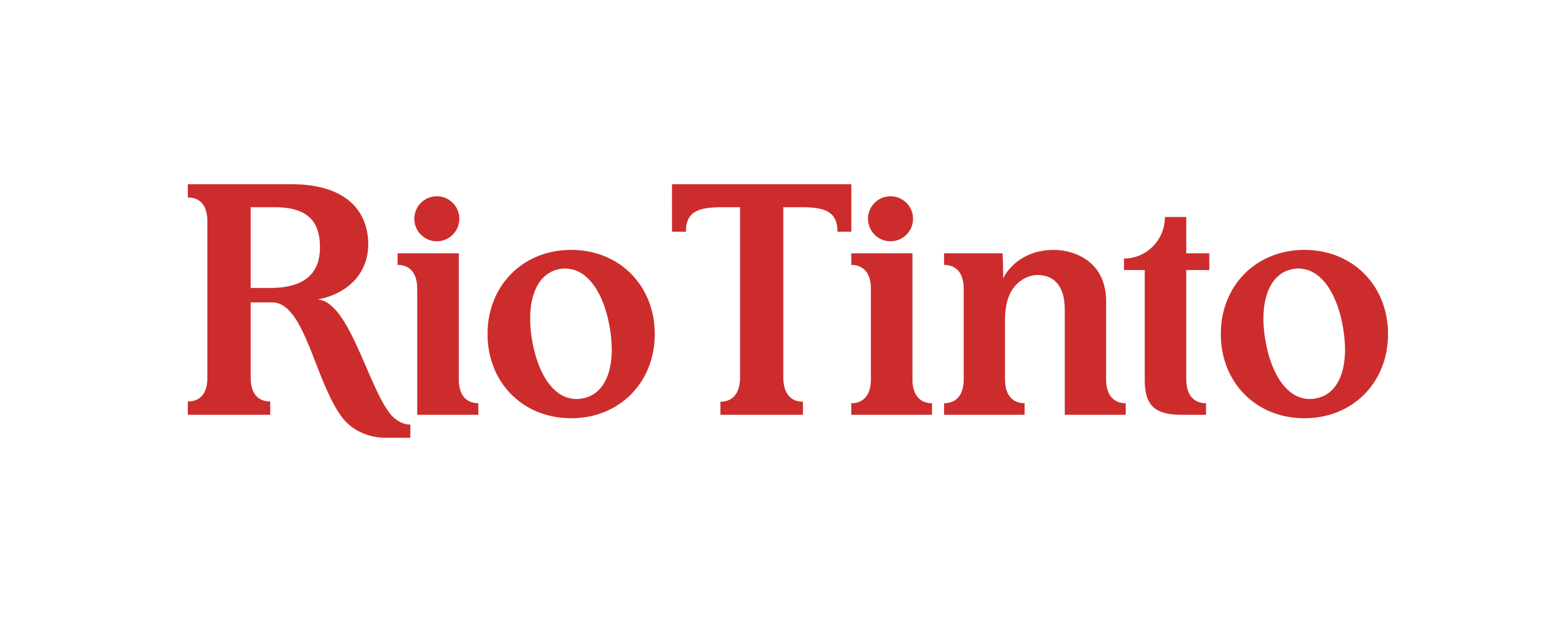


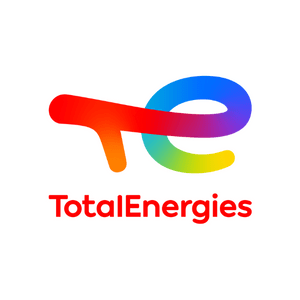
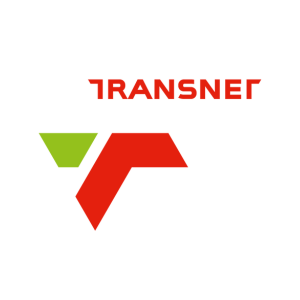









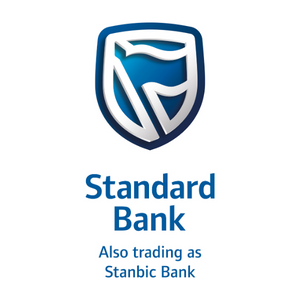


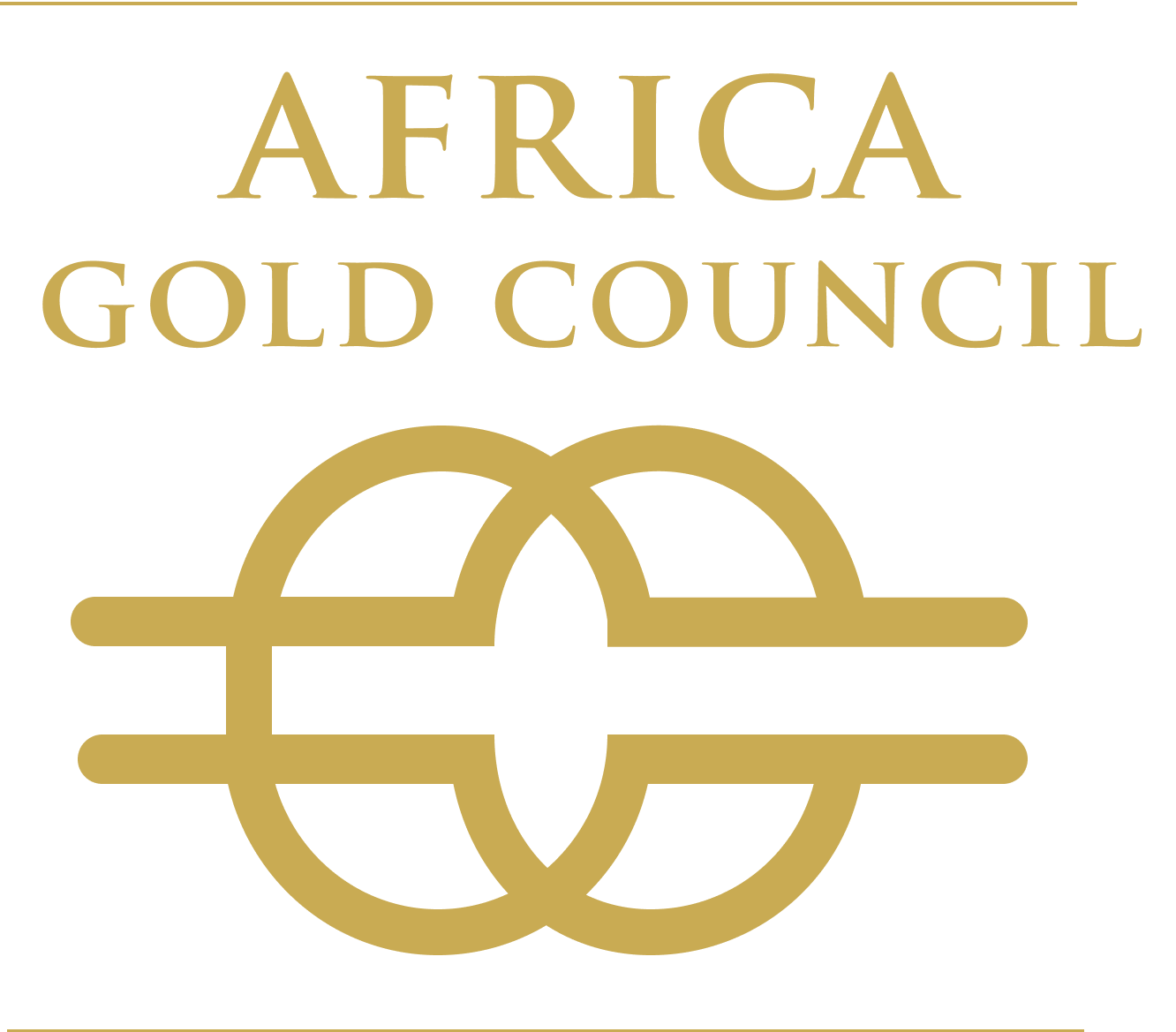
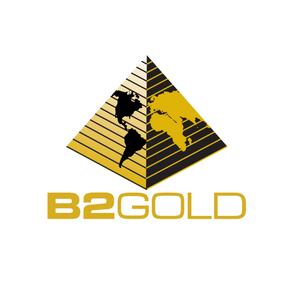
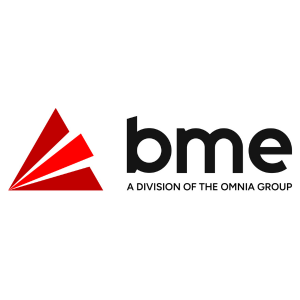


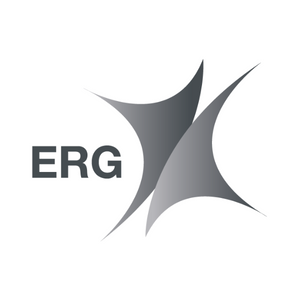









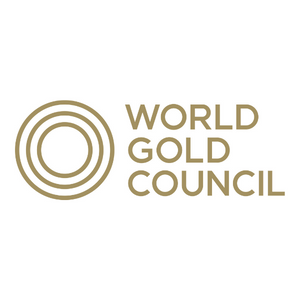
_logo.png?ext=.png)


_mi25-weblogo.png?ext=.png)


